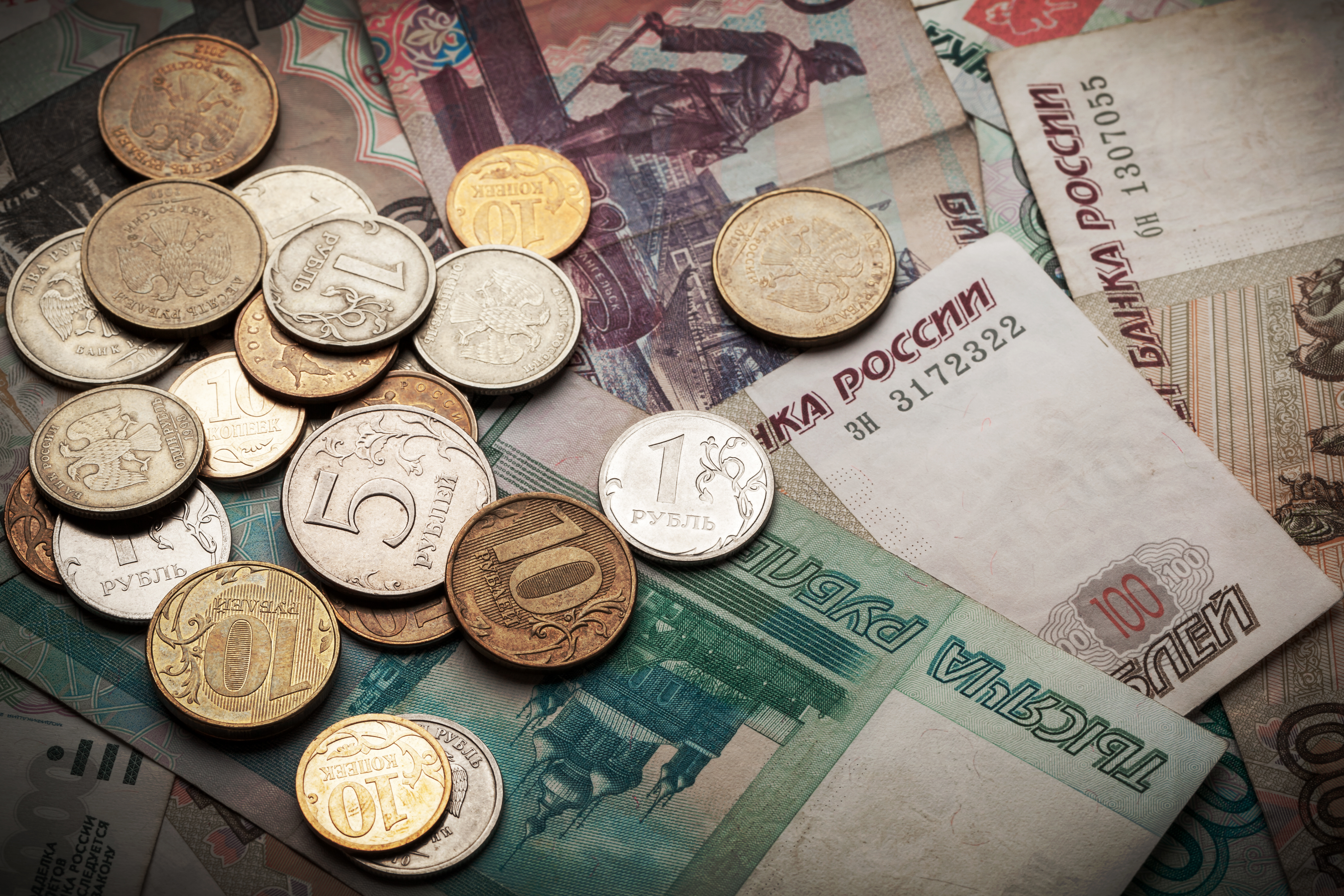This month, a new study from the Yale School of Management, which has been monitoring approximately 1,300 companies that do business in Russia, found that the almost 1,000 companies that exited Russia after its invasion of Ukraine weren’t just benefiting from a reputational boost but were also being rewarded with outsize stock-market returns, while those that remained were punished.
According to Yale’s research team, the findings suggested that “equity markets are actually rewarding companies for leaving Russia while punishing those that remain behind, with divergent stock performance generally corresponding with the degree of Russian exit — which holds true across regions, sectors and company sizes” according to their report. Notably, the team stated the focus on asset write-downs and lost revenue was misplaced and that they have demonstrated that “the shareholder wealth created through equity gains have already far surpassed the cost of one-time impairments for companies that have written down the value of their Russian assets.” Furthermore, the research found that “the gains enjoyed by companies that have curtailed their activities in Russia extend beyond public equity markets into credit markets, as measured by longer-dated corporate bond prices, credit spreads and related derivatives.”
Following months of debate on the impact of the Russian exodus, and its ability to have a meaningful impact on companies’ bottom line, the findings evoke an ethos held by many compliance officers, echoed by the Yale researchers in that “clearly, doing well has not been antithetical to doing good — at least when it comes to withdrawing from Russia,” as Raiffeisen Bank International (RBI) has experienced.
According to S&P Global, RBI is facing growing pressure to decide the future of its sizable Russian business, which constitutes a third of its profits, as many of its peers have exited the jurisdiction. Yet, RBI's share has lost more than half its value since the invasion of Ukraine in late February, reaching its lowest value since the turn of the century. S&P’s reporting further suggested that the stock “remained depressed relative to its peers even after the bank reported that consolidated profit and return on equity for the first quarter had both more than doubled year over year.” Shareholder anxiety was front and center at the bank’s earnings call last month, as its CEO was “quizzed by analysts for more clarity on the Russia situation” with one analyst suggesting that “RBI's current exposure to Russia may raise ESG concerns, and for some institutional investors the bank may become ‘uninvestable’." The analyst goes on to note that while “the majority of RBI's Russian portfolio is not yet exposed to sanction risk, ‘[they] cannot exclude that such risk will reappear in the future with the extension of sanction measures’.”
While institutions with existing exposure to Russia face a dilemma and continue to deliberate on the impact of the decision to remain on shareholder value, others should remain vigilant of the risks associated with Russian exposure given the complexity and nuanced nature of sanctions compliance. And while reputational costs have historically been top of mind for institutions and its stakeholders, the unprecedented nature of the geopolitical landscape in light of the Ukraine invasion will undoubtedly raise the stakes, and more critically, the costs of non-compliance.

Russia’s invasion of Ukraine has abruptly transformed the world. In response, an increasing number of severe sanctions have been imposed against...
.jpg)
This week, the WSJ reported that Latvia is seeking to rebuild its reputation in face of Russia sanctions given prior scandals like Danske Bank and...

This week, an investigation by Buzzfeed revealed that the Russian oligarch Roman Abramovich allegedly utilized a network of anonymous shell companies...
